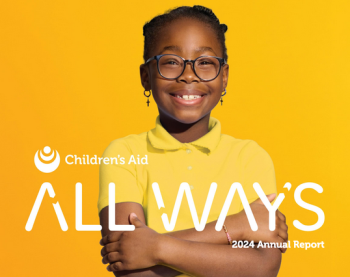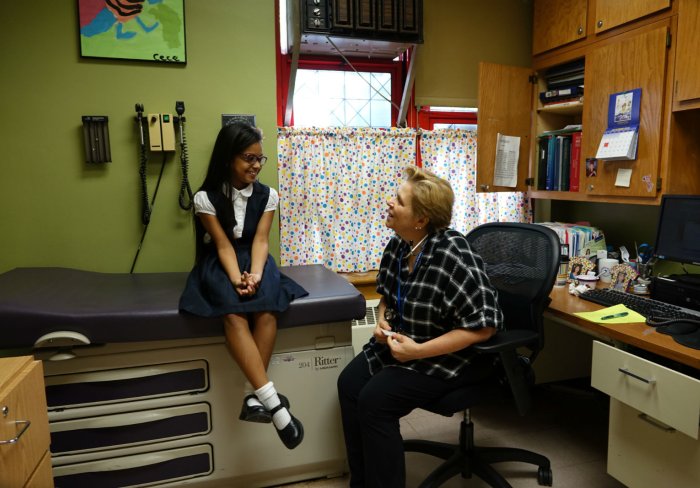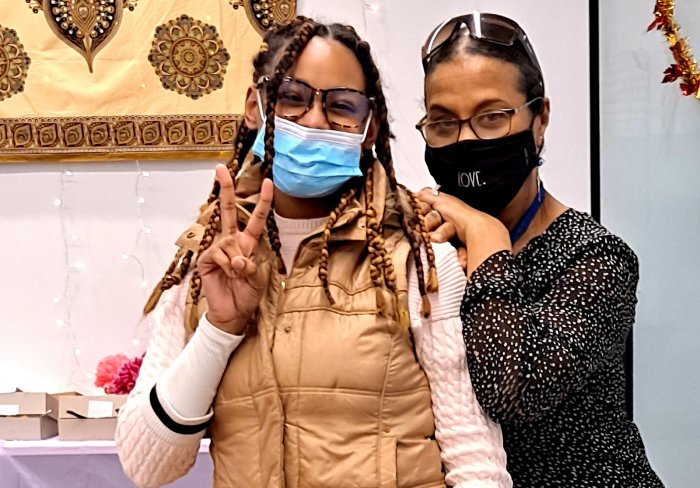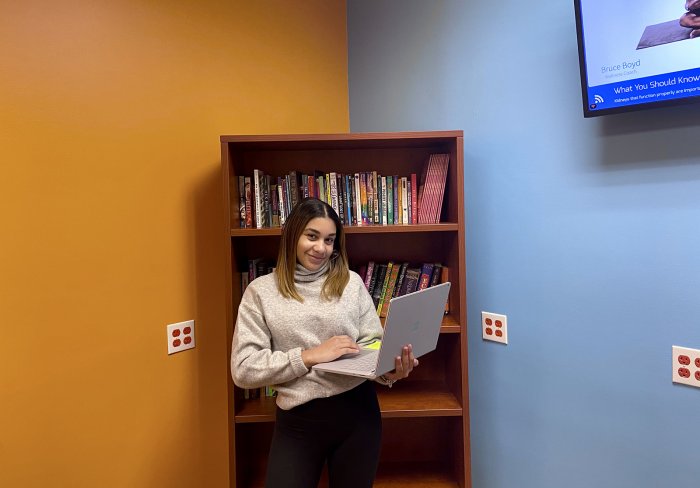In honor of Women’s History Month, Children’s Aid is spotlighting the impact of several women leaders at our agency. Next up: Margot Sigmone, deputy director of Early Childhood Programs.
Margot Sigmone grew up in Georgetown, Guyana, with her parents and four siblings. Though she spent her formative years there, Margot decided she needed a “fresh start” after leaving an abusive relationship. At 20 years old, she packed her bags and moved to New York.
Once she landed, Margot began babysitting to make money while applying to school.
“I started caring for children from newborns to the age of 12, some of whom were children with special needs,” she said. “I’ve always had this special place in my heart to care for children because I was also the victim of sexual abuse. I always thought it was my duty to protect children.”
To fulfill her career goals, Margot knew she had to get an education.
“I knew if I didn’t have an education, particularly being an immigrant in this country, I wouldn’t make it,” she said. “I wouldn’t make an impact.”
After receiving her bachelor’s degree in psychology from York College, she obtained a master’s degree in early childhood education and special education from Touro College. She also has an advanced degree from St. John’s University in school building and district leadership.
The women in her life strongly influenced the career path she would take. Margot credits her mother, Joy, for instilling in her the importance of education.
“I look up to her because she knew how to take care of her home and she knew how important education was for our own betterment,” she said. “She only had a high school diploma and she wanted better for us. I will always look up to her for that.”
Her experience caring for her sister, who suffered from bipolar disorder and schizophrenia, also influenced her trajectory.
“A lot of my story is just so aligned with the work that we’re doing,” she said. “Since I was growing up, she had always struggled with this illness. That sets up wanting to take care of people who are struggling or working with children in this field – it was all relevant to what I faced growing up.”
As the deputy director of early childhood programs, Margot oversees a staff – the majority of whom are women – with diverse experiences and backgrounds. She often asks her staff to reflect on the work they do and believes that being receptive to change and listening are key to providing the best services.
“We all understand the work we’re doing is bigger than us,” she said. “What matters is that we can listen, understand, and put ourselves in the shoes of many other people who need our support. What we’re doing goes way beyond us, way beyond our personal struggles, because now we have an investment and duty to provide support to the families and the children that we’re working with.”







